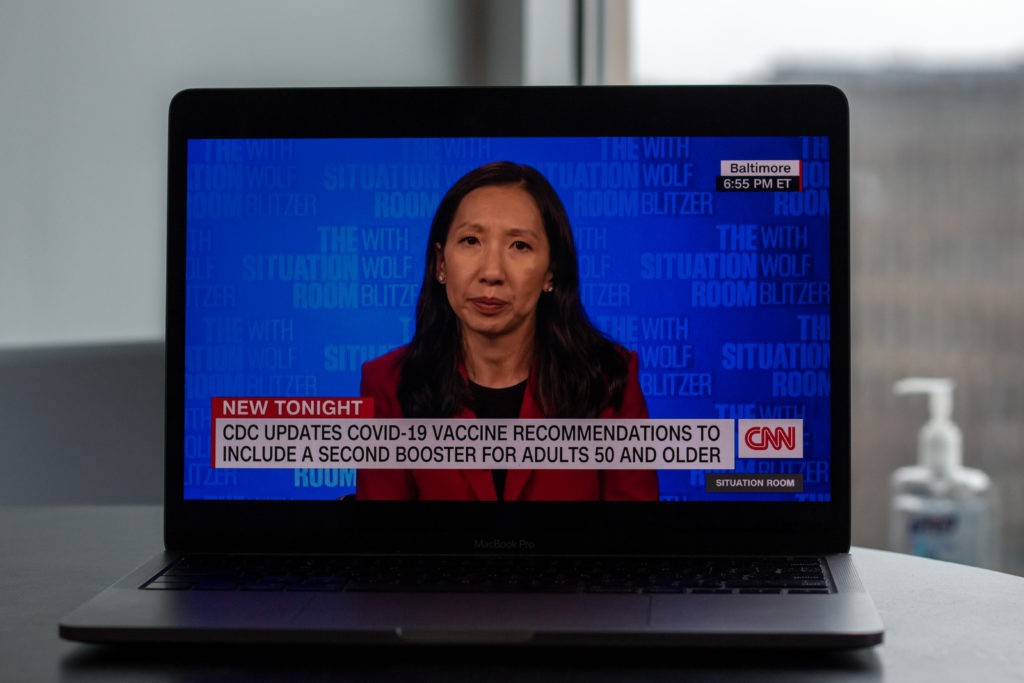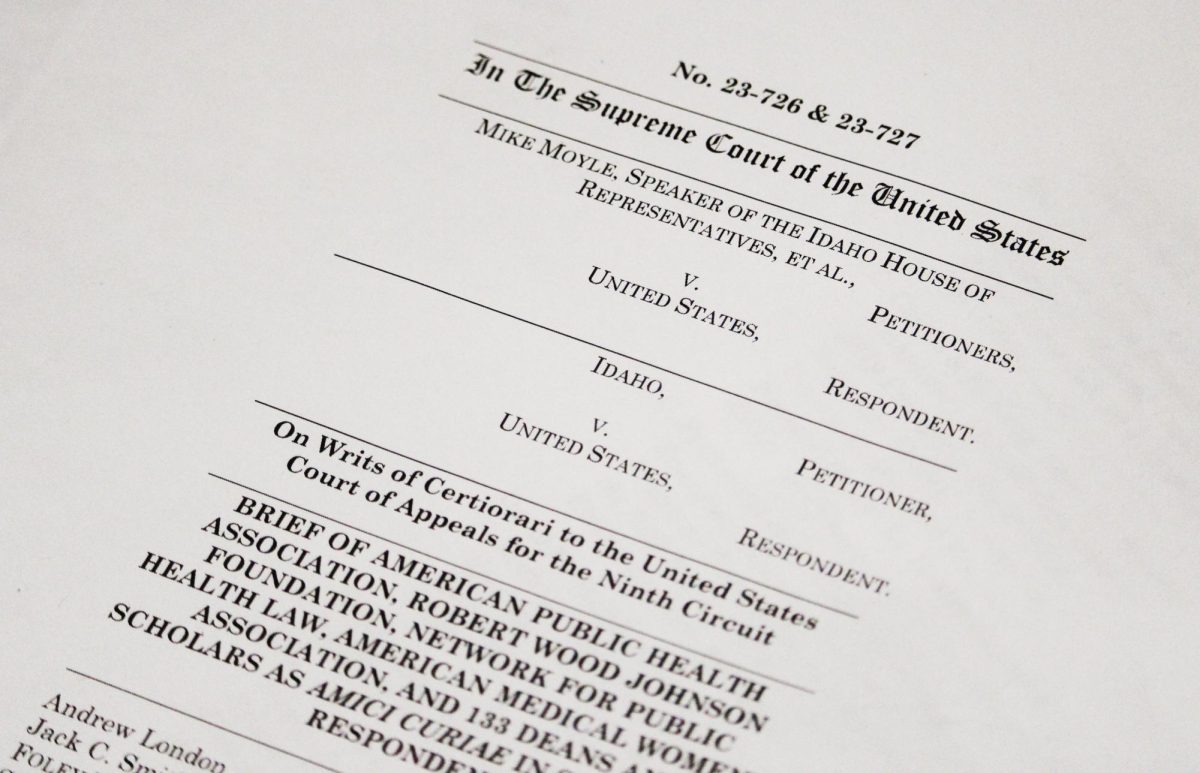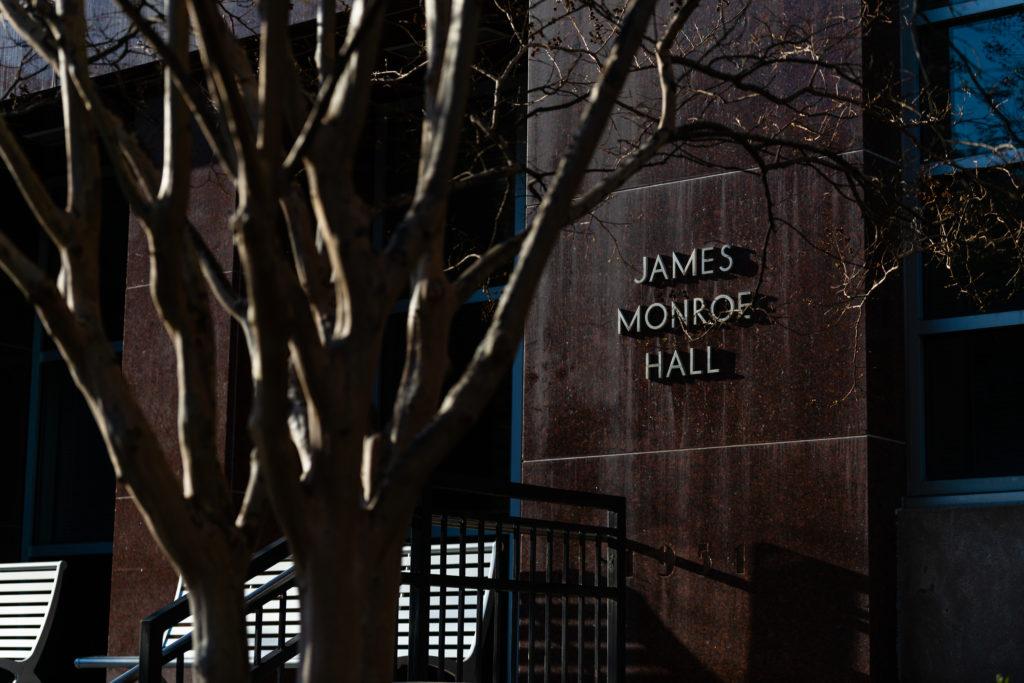Updated: Feb. 14, 2023, at 12:06 p.m.
Milken Institute School of Public Health professor Leana Wen holds a coveted seat as a CNN medical analyst and contributing Washington Post columnist, but her views on COVID have generated backlash from public health experts throughout the pandemic.
Wen – a research professor of health policy and management – has argued that U.S. hospitals are overcounting COVID deaths, claimed masks can cause speech development delays among children and prioritized individual responsibility, despite backlash from public health professionals, while providing expert commentary on the pandemic. Experts in medicine and public health said Wen supports an “individualistic” approach to the pandemic as an alternative to community health policy and “abandons” immunocompromised people in her columns, but some medical professionals call Wen’s individualism a “refreshing” point of view.
Wen did not return a request for comment.
Wen said in a column last month that the United States is overcounting COVID hospitalizations and deaths by adding patients to the respective tallies if they are positive for COVID, despite being treated for other reasons. Public health researchers argue that COVID deaths are undercounted because they can be misclassified as other causes.
Wen, the former health commissioner of Baltimore from 2014 to 2018, was scheduled to speak at the American Public Health Association’s annual meeting last November about receiving backlash while in the public eye, but she stepped down before the speech due to fears for her personal safety. A petition to remove Wen as a speaker at the meeting started circulating last August and amassed 629 signatures from public health professionals.
The petition demanded the organization publicly condemn “rhetoric of inevitable mass infection” after Wen allegedly promoted “unscientific, unsafe, ableist, fatphobic and unethical practices” on her platform and diminished the work of APHA members.
The Wall Street Journal’s editorial board defended Wen last August against backlash for withdrawing support for the “left’s overreaching policies,” like mask mandates. The editorial board said Wen is “enduring the wrath” of public health professionals for suggesting that Americans need to learn to live with COVID.
Dabney Evans, an associate professor at Emory University’s Rollins School of Public Health, said she signed the petition last August to remove Wen as a speaker at the APHA meeting because Wen characterized COVID measures as a responsibility placed on an individual, a policy approach that public professionals have widely rebuked.
She said classifying COVID response as an individual responsibility neglects immunocompromised people who may not have the same access to resources.
“I feel like when scholars are writing, it’s not just about opinion,” Evans said. “Yes, you can be making an argument. But that doesn’t mean that argument doesn’t have to be backed up by facts and data and your own disciplinary perspective, which again, in this case of public health, has to do with consideration of populations.”
Lynn Goldman, the dean of the Milken Institute School of Public Health, replied to a tweet from Wen in February 2022 about the Centers for Disease Control and Prevention’s guidance on mask mandates and learning to live with COVID. Wen said in her tweet she was “glad” to see revised mask guidance after the CDC loosened federal mask guidelines.
“No Leana. CDC decides on the basis of public health science and protecting of all of us and not political pressure,” Goldman said in the tweet. “There is no clear off ramp… this is the end of a surge… not the end of the pandemic. 1000s died daily. Let’s honor those lives and prepare for the next one.”
Wen’s column in the Washington Post focuses on COVID policies and administering public health advice to the general public. Wen’s medical analyses on CNN are centered around similar commentary on COVID-related topics on-air.
Washington Post spokesperson Phil Zimmerman declined to comment on Wen’s controversies.
Wen was the president of Planned Parenthood from November 2018 to July 2019 until the Board of Directors fired her due to “philosophical differences” for the future of the organization.
Wen said the government should reserve mask mandates for “dire situations” in a Washington Post column in December. The column states reinstating mandates for small public health emergencies would “further erode” trust in public health, but she voiced her support for increased masking among individuals to limit transmission.
Wen backed a mask mandate in May 2021 when vaccination levels across the country were at 37 percent, paling from the current 68 percent vaccination rate in the country.
Experts said Wen’s opinions on COVID policies don’t acknowledge individuals who are at high risk of contracting the coronavirus, while other professionals in the medical field said the media needs more voices that represent the views of the general population who oppose federal regulations like mask mandates.
Eric Widera – a professor of medicine and a physician at the University of California, San Francisco – said Wen’s ability to “reevaluate” her stance on COVID protocols makes her a quality science communicator because the population needs medical voices who share their opinions even in the face of backlash. He said individuals who don’t agree with Wen are “absolutists” who will never change their opinions on COVID protocols because of the politics attached to them rather than the science.
“I think most Americans appreciate her candor and her ability to change her opinions,” Widera said. “But there are some fringe groups that either see it as like a betrayal or see that she was wrong all along.”
Supporters of Wen have said her opinions on COVID are vested in “rational facts” about the pandemic.
Wen said in a Washington Post column last August that mask mandates harmed her son’s “language development” and acknowledged her kids would likely contract COVID during the school year.
Aislinn Black, an assistant professor of emergency medicine at Rutgers University, said Wen’s opinions on COVID are associated with mainstream political views, like returning back to a pre-pandemic world, instead of science. She said Wen conflates personal experiences with her public health policy recommendations, noting when she said her son had delayed speech development due the mask mandates in schools.
Black said widespread measures are necessary to protect communities.
“I think we have a special obligation to really think about the most vulnerable people in society, and I feel that a lot of her COVID positions were not necessarily in line with prioritizing the health and wellbeing of those parts of society,” Black said.
Lindsay Briggs – an associate professor of public health at California State University, Chico – said Wen had a powerful voice in the early 2000s when her book “When Doctors Don’t Listen” was published. She said Wen’s platform came with a lot of media attention and, when the pandemic hit, the media “stuck” with what worked. She said Wen “lost touch” with the roots of public health when she turned to portray mainstream ideologies.
“They focus on individual health and not on public health,” Briggs said.
Art Caplan, the director of the division of medical ethics at New York University’s Grossman School of Medicine, said he and Wen would converse during the early stages of the pandemic about vaccine booster shots, but they no longer talk due to a difference of opinion.
“I don’t agree with her, but I have to say in her COVID thinking, I think she reflects some of what the Biden administration has been doing,” Caplan said. “She’s more mainstream, even though a lot of people disagree with her.”
This post has been updated to correct the following:
The Hatchet incorrectly reported that Briggs is an assistant professor at CSU Chico. She’s an associate professor. We regret this error.








